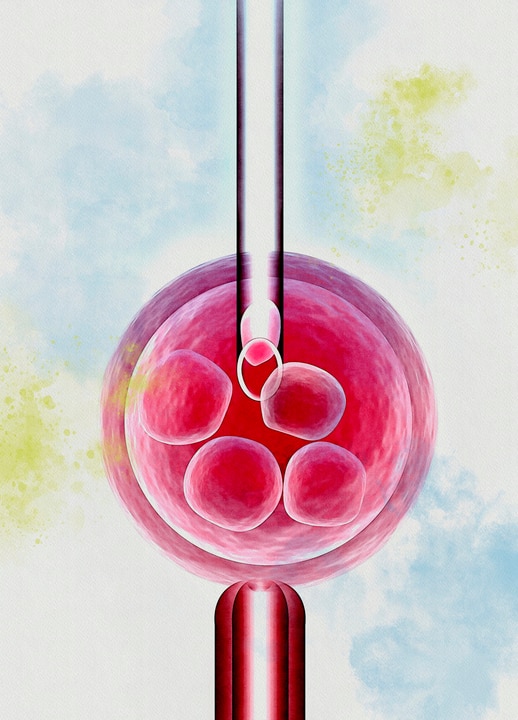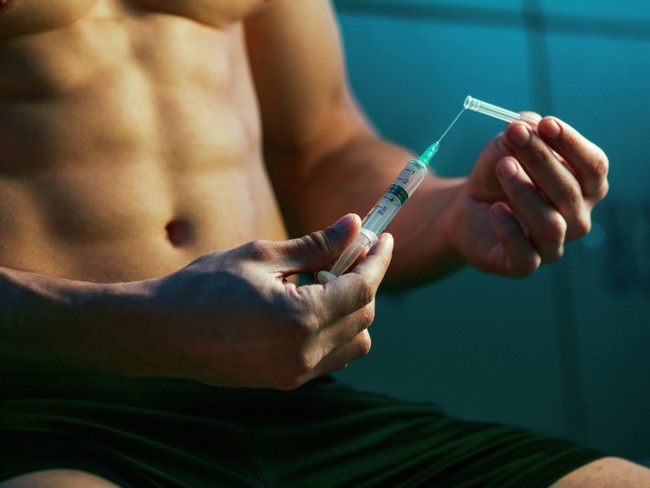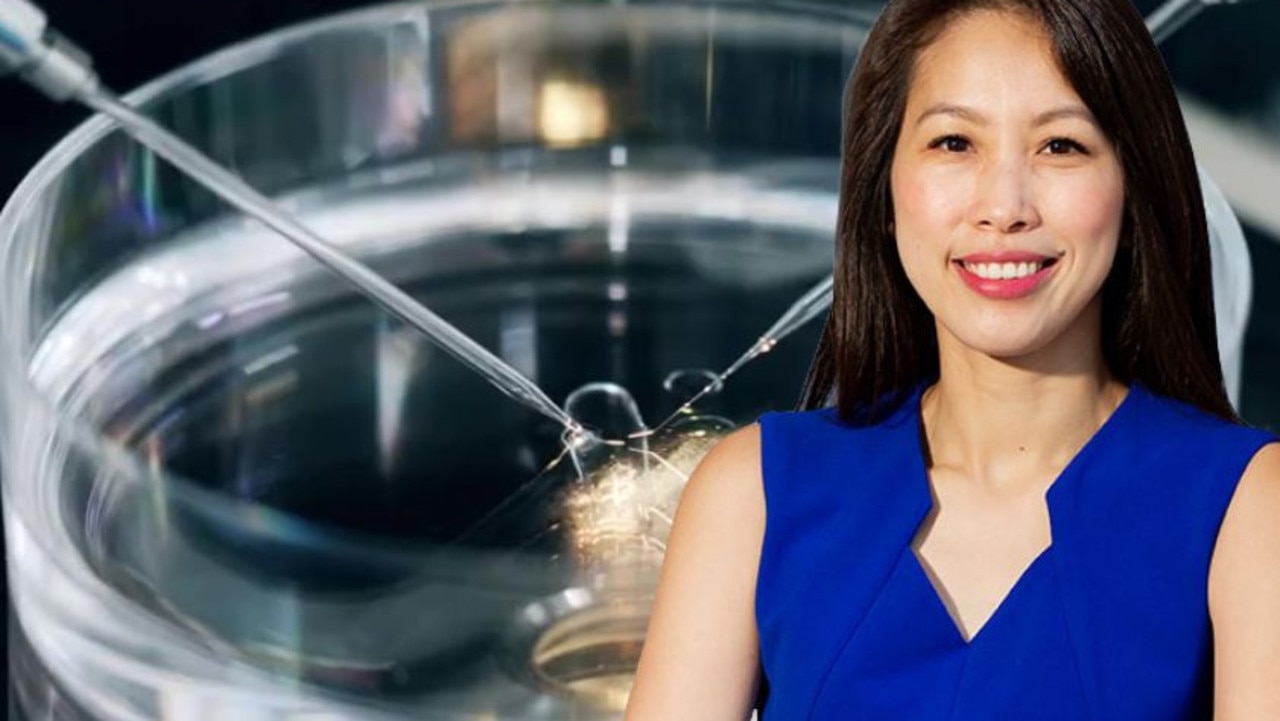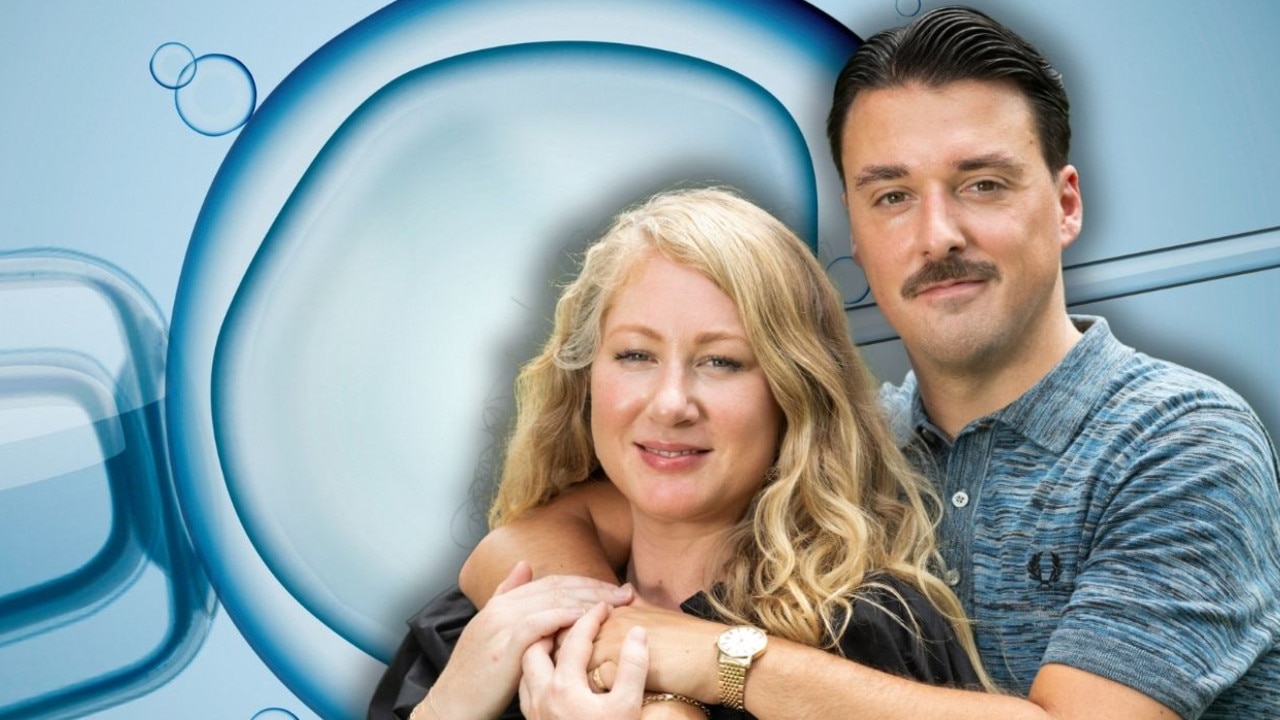Aussies don’t know steroids, too much coffee can impact fertility, Monash IVF poll finds: Test your knowledge
A shock amount of people don’t realise these things can impact fertility. How does your knowledge stack up? TAKE THIS QUIZ

Fertility
Don't miss out on the headlines from Fertility. Followed categories will be added to My News.
Sex is the main reason men think about fertility, while for women the biggest thing that makes them consider it is age, according to a new poll.
The very first Monash IVF Fertility Insights Index, released today, has also uncovered concerning gaps in what people realise could be harming their fertility.
The poll by Lab Insights & Strategy surveyed 1001 Australians aged between 18 and 44 to gain insight into what they think, feel and know about fertility amid falling birthrates.
There are plans to repeat the survey regularly to check for trends.
Take the quiz questions below to test your knowledge and see what the poll found.
Which of the following scenarios would make it harder to conceive?
*Quiz answers come from Monash IVF experts
Gaps in what people know about fertility
A staggering 70 per cent of those who took the poll were unaware that being a past user of muscle-building steroids could negatively impact their chances of having a baby.
Surprisingly a higher proportion of men were in the dark about it than women.
Meanwhile just 21 per cent surveyed knew that drinking between three and five cups of coffee a day might impact their chances of conceiving.
A number of scientific studies suggest that excessive caffeine consumption may be detrimental to both male and female fertility.
However the research shows that up to 200mg of coffee a day (about two lattes) shouldn’t affect fertility.
Less than half of women were also aware that an irregular period could mean it may be harder to fall pregnant.

And only about 55 per cent knew that being older than 40 could make it harder to conceive.
“These big findings are what I see day to day in my rooms,” obstetrician and gynaecologist Fiona Cowell said.
“I see men using steroids for weight stuff and they come in and they’ve got really terrible sperm counts and we can’t always fix it, and these are men who think they’ve been really healthy and it’s really affecting their fertility.”
What makes people think about their fertility?
Men and women think about their fertility for different reasons.
For guys sex was the most common thing to make them consider it – it was chosen by 38 per cent of males.
The next most popular answer for men was talking to their partner (37 per cent).
But with women their age was the top answer (46 per cent) followed by their menstrual cycle (44 per cent) and seeing babies and children (40 per cent).
Dr Cowell said it was heartbreaking when women came in to see her after 40 not realising it might be too late.
“It’s that common idea that women over 40, we need a little bit of IVF, but fertility declines and IVF is not magic,” she said.
For Gen Z using contraception was the top reason they thought about fertility, followed by social media and advertising (21 per cent).
How the states compared
Victorians are the most comfortable with getting preconception genetic testing to check their risk of passing on a condition to their baby, but the least likely to have used birth control, according to the poll.
Almost 70 per cent knew about it and 31 per cent felt “very comfortable” with doing it.
That’s compared to just 19 per cent of South Australians and 23 per cent of Queenslanders being that comfortable.
The blood or saliva test, done before pregnancy, started being bulk billed from November 2023.
It checks for gene mutations that could increase a couple’s risk of having a child with cystic fibrosis, spinal muscular atrophy, and fragile X syndrome.
Meanwhile NSW residents were the most comfortable with donating embryos to others wanting a baby but the least open to discussing fertility with friends, family or work colleagues.
Only 22 per cent said they felt “very comfortable” discussing it with family, while just 24 per cent felt this way about bringing it up with friends.
And only 16 per cent felt very comfortable bringing it up with workmates.
Queenslanders were the least likely to see a fertility specialist, with only 27 per cent feeling ‘very comfortable’ with the scenario and just 5 per cent saying they’d had an appointment with one.
Participants in South Australia also had the lowest proportion of people ‘very comfortable’ with freezing their eggs – 14 per cent.
But 36 per cent of South Australians in the poll said they were ‘very comfortable’ with donating sperm.




